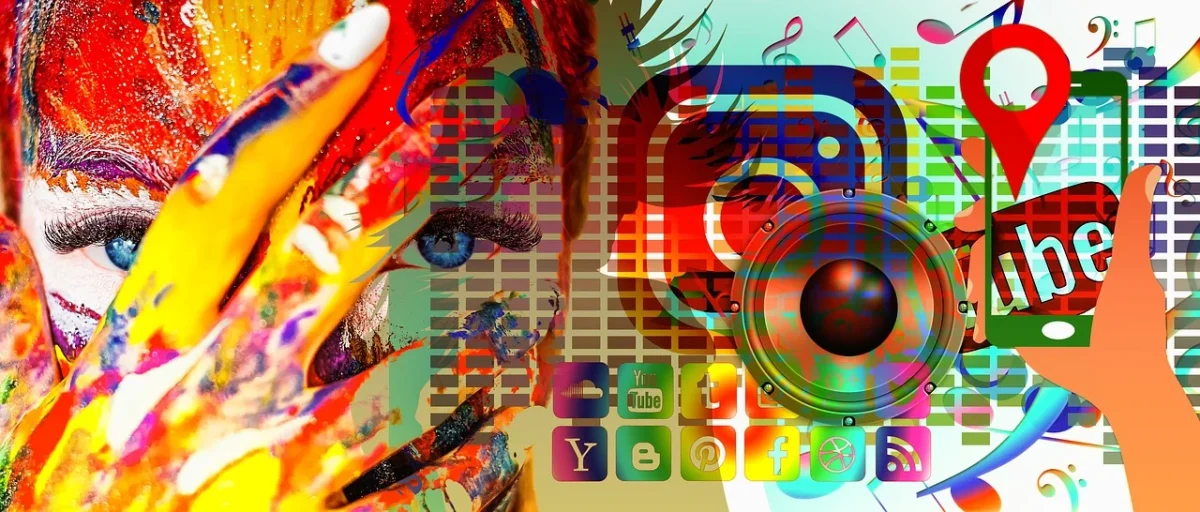In the digital age, technologies such as social media, instant messaging, and video platforms
have reshaped the way young people communicate. These tools offer new opportunities for
connection but also raise concerns about their effects on personal relationships and mental
health. This article explores how technology is influencing the way young people interact, both
positively and negatively.
The Evolution of Communication
Communication has changed drastically with the advent of digital technology. In the past,
face-to-face conversations or phone calls were the primary modes of interaction, but now, young
people use messaging apps, social media, and video calls to stay connected with friends and
family. While technology makes it easier to keep in touch, it has also created a gap in
face-to-face interactions. Emotions and non-verbal cues can sometimes get lost in digital
communication, leading to misunderstandings and emotional disconnection.
The Impact on Friendships
Social media has made it easier for young people to stay in touch, no matter the distance.
Platforms like Instagram, TikTok, and WhatsApp allow teens to share their daily lives and keep
up with each other. However, while these tools facilitate quick communication, they can lead to
more superficial relationships. Online friendships often lack the depth that comes from spending
time together in person. Additionally, the pressure to maintain a perfect image on social media
can make friendships feel more focused on appearances than real emotional connections.
Technology in Romantic Relationships
Dating apps, messaging, and social media have also changed the dynamics of romantic
relationships. Where young people once met mainly through mutual friends or in person, now
they can meet through apps like Tinder, Bumble, or even Instagram. While these platforms offer
more options and the opportunity to connect with people who share similar interests, they also
bring new challenges. The lack of face-to-face communication can lead to unrealistic
expectations, and relationships often become based more on superficial attraction. Furthermore,
dating apps can promote a “disposable relationship” mentality, where young people move from
one connection to another without developing meaningful bonds.
Families and Technology
Technology has also influenced the relationship between parents and children. Nowadays, young
people often spend more time on their devices than interacting with their families. Family
dinners, once a time to connect, have become moments where everyone is absorbed in their
phones. While technology helps families stay connected, especially when members live far away,
it can also hinder strong, meaningful connections. Digital communication often does not replace
the personal time spent watching a movie together or having an uninterrupted conversation.
Mental and Emotional Health
One of the most discussed aspects of technology’s impact is its effect on mental health. Constant
exposure to social media can cause anxiety, stress, and even depression, particularly when young
people compare themselves to others. The pressure to live up to an idealized online image can
create unrealistic expectations. Moreover, excessive screen time can lead to social isolation, as
some may prefer virtual interactions over real-life socializing. However, technology can also
provide emotional support when used in balance. Online communities and support groups offer a
safe space for young people to share their worries and find comfort.
Me
Growing up in a world where social media is everywhere, I can totally relate to how it messes
with your head. At school, I hear people all the time saying things like “I’m not pretty enough”
or “I’m not as successful as that person.” It’s crazy how these thoughts come from comparing
ourselves to people we don’t even know, based on their perfect online images. I’ve felt that
pressure too, trying to measure up to these impossible standards. It doesn’t just mess with how
we see ourselves; it also makes it harder to connect when we all feel like
we’re not good enough.
Conclusion
In conclusion, technology has profoundly changed how young people communicate and relate to
one another. While it has many benefits, like staying connected through various platforms, it also
presents challenges. Online relationships sometimes feel shallow, and digital interactions
may cause emotional confusion. To maintain a healthy balance, young people must manage their online time and prioritize face-to-face interactions. Ultimately, the key is using
technology consciously to enrich personal relationships without letting it replace real human
connection.








